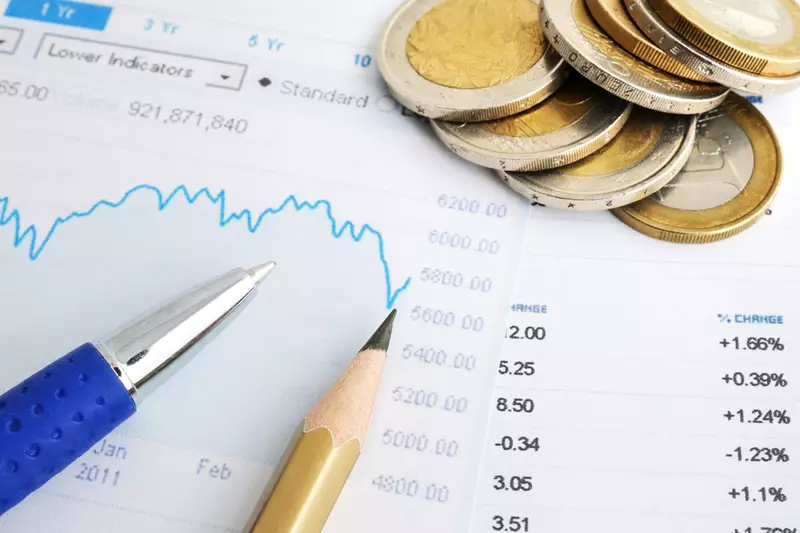The recent political turmoil in Europe has had a significant impact on global markets, with the euro hovering near a more than one-month low. The rise of far-right and leftist parties in France has created uncertainty, leading to a brutal sell-off in the French financial markets. This has put pressure on President Emmanuel Macron’s centrist administration and raised concerns about a potential budget crisis in the euro area.
The Effect on the Euro
The euro has experienced a decline, falling to its lowest level since May 1 at $1.06678. This has resulted in the currency logging its biggest weekly decline since April at 0.88%. Despite the political turmoil in Europe, the fall of the euro has indirectly benefited the dollar, as the euro accounts for around 57% of the US dollar index weighting. This has contributed to the firmness of the dollar against a basket of peer currencies.
US Economic Outlook
On the other hand, investors are eagerly awaiting fresh clues on the strength of the US economy. Minneapolis Federal Reserve President Neel Kashkari has hinted at a potential interest rate cut by the US central bank later this year, possibly in December. The Fed’s updated projections show a median forecast for a single interest rate cut this year. However, this week lacks major US economic data to provide clarity on the Fed’s outlook, with retail sales and flash PMIs expected to offer some insights.
Impact on Other Currencies
The uncertainty in global markets has also affected other major currencies, such as the British pound and Chinese yuan. Sterling has remained steady against the dollar, with economists forecasting that the Bank of England may not cut rates at its upcoming meeting in June. Meanwhile, the yuan has shown a mixed economic picture in China, with new home prices falling and industrial output coming in below expectations. The central bank of China has left a key policy rate unchanged due to the weak yuan.
The Japanese yen has remained near a 34-year low against the dollar, following the Bank of Japan’s decision to push cuts to bond buying amounts and details of its tapering plan to its July policy meeting. Governor Kazuo Ueda has not ruled out raising interest rates in July, citing import costs due to the yen’s weakness. However, the impact of raising rates and tapering on the yen will be decided based on different criteria.
In the world of cryptocurrencies, bitcoin has shown some resilience amid the global market turmoil, rising by 1.1% to $66,454.38. Despite the volatility in traditional markets, cryptocurrencies continue to attract investor interest as an alternative asset class.
The political turmoil in Europe has reverberated across global markets, affecting major currencies and investor sentiment. As uncertainty persists, investors are closely monitoring economic data and central bank decisions for further clarity on the future trajectory of the global economy.

